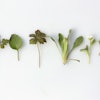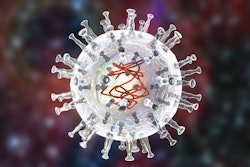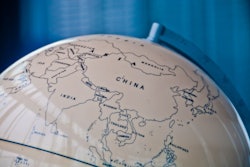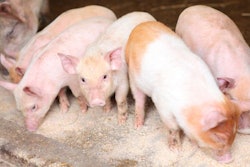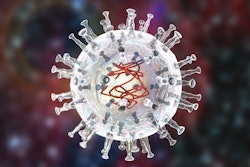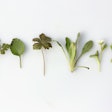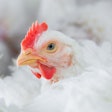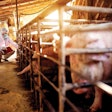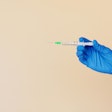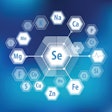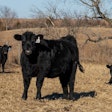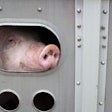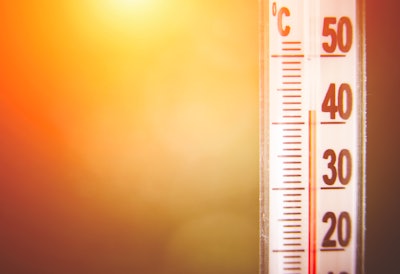
Heat stress may increase need for methionine in pig diets, study suggests
Growing pigs suffering from heat stress may benefit from having more methionine added to their diets, according to recent research from the Autonomous University of Baja California.
Per the study, which was published last November in the Journal of Animal Science, pigs fed an additional 20% methionine above standard dietary requirements grew faster and enjoyed better feed efficiency than pigs fed a diet with more conventional methionine content. The pigs with the extra methionine supplement also showed signs of improved intestinal health, suggesting the added amino acid helped to mitigate some of the intestinal damage that is typically associated with exposure to excess heat.
Miguel Cervantes Ramirez, a researcher with the Autonomous University of Baja California and one of the authors of the study, said researchers’ interest in methionine began with the amino acid’s potential antioxidant properties. Heat stress promotes oxidation, which damages cells, while antioxidants help repair and prevent oxidative damage. But there may be additional reasons why pigs’ methionine demands increase during episodes of heat stress, Ramirez said.
For starters, he said, heat stress reduces feed intake by the pigs, which would impact the intake of all nutrients, including methionine. This particular amino acid is essential to growth and can’t be synthesized in sufficient levels by the pigs’ cells, so it must come from the diet.
At the same time, Ramirez said, the intestinal damage caused by heat stress may impair the pigs’ ability to absorb amino acids, and providing additional methionine in the diet may help to counteract the loss of effective absorption.
He recommended that producers consider increasing the methionine content of their diets during heat waves, but noted that the inclusion of other vitamins and nutrients may need to be addressed as well in order to avoid heat-related losses.
